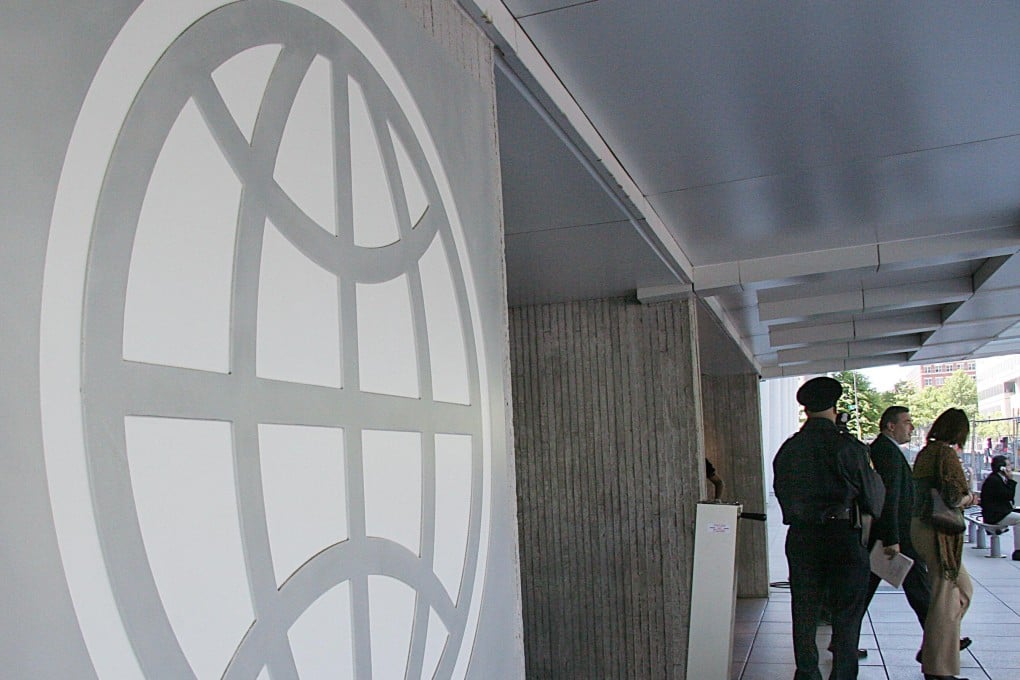World Bank probing whether ‘Doing Business’ report was manipulated to benefit China, other nations
- The World Bank is investigating allegations its global ease of doing business rankings may have been manipulated to benefit China, Saudi Arabia and two other countries
- The probe follows a review that found a member of the development economics department had made changes to data used for ‘Doing Business 2020’, sources say

World Bank officials launched an investigation this week into possible manipulation of data used for its annual “Doing Business” report, which may have altered the standing of China and several other countries in the rankings, after identifying an individual responsible for the falsifications, according to two people familiar with the matter.
The report, published yearly since 2003, uses data on each country’s taxation policies, regulation frameworks and other measures to rank the ease with which a firm can conduct operations within each of the jurisdictions.
One of the sources said the World Bank investigation was launched after an official in the development economics department was identified as having “fudged” the data on some countries including China. The department is responsible for compiling the data used for the report.

The second source said the individual allegedly manipulated data on China, Saudi Arabia and two other countries. A third source said Azerbaijan and the United Arab Emirates were also among countries “most affected”.